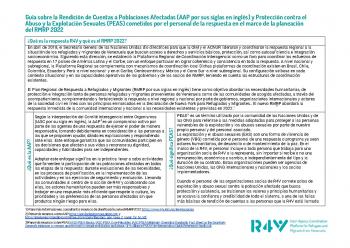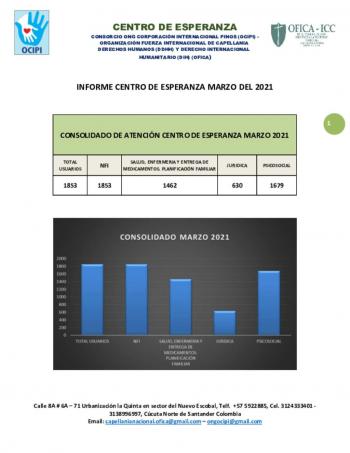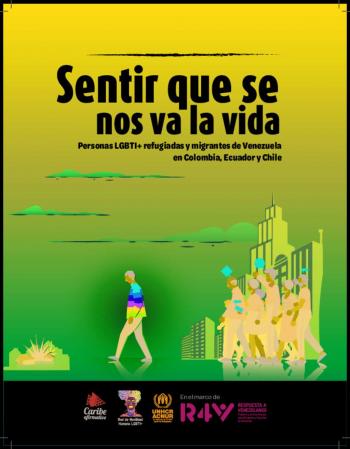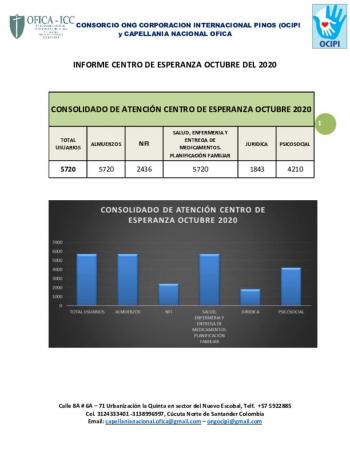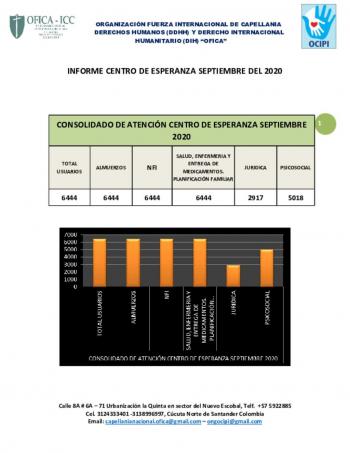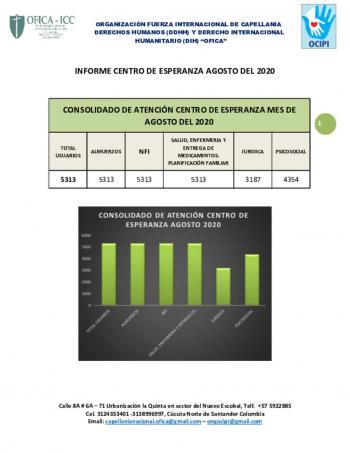Key Figures
What is the Health Sector?
Priority Needs
Key challenges identified by the Health Sector include barriers preventing refugees and migrants from Venezuela from accessing essential health services, which are often related to their regular status and frequently result in exclusion from comprehensive healthcare coverage, as well as language issues in non-Spanish speaking countries.
Considering the information from joint needs assessments conducted at country level about the health needs of refugees and migrants from Venezuela, the Health Sector has identified the following priority needs:
- Venezuelans face challenges in accessing medical diagnostic services and treatments for cancer and non-communicable diseases which need more complex or longer-term care at the secondary, tertiary and specialized healthcare levels.
- Among refugees and migrants from Venezuela, vulnerable groups such as children and adolescents, pregnant women, the elderly, Lesbian, Gay, Bisexual, Transgender, Queer and Intersex (LGBTQI+) persons, indigenous people, afro-descendants, and persons with special needs require systematic adequate access to healthcare, including emergency obstetric and newborn care, safe childbirths, emergency care, clinical management of sexual violence, care for survivors of GBV, as well as MHPSS.
- The COVID-19 pandemic and measures adopted by some governments, including economic lockdowns, resulted in reduced operations of primary healthcare in some places, affecting access to basic public health programs, such as vaccinations, treatment for Tuberculosis and/or HIV/AIDS, sexual and reproductive healthcare including family planning, among others.
- Potential recurrences of outbreaks of COVID-19 would be a significant challenge for national health systems across the region in 2021 and could endanger sustained access to public healthcare for refugees and migrants.
Response Strategy
The regional Health Sector’s overall objectives for 2021 are to:
I. Improve access to healthcare services and commodities at every care level, including specialized care, during transit and stay of refugees and migrants, while considering needs from a gender, age, ethnicity, diversity and language perspective.
II. Strengthen international and national frameworks to ensure greater protection of the health of refugees and migrants, especially in the face of highly complex health conditions and new outbreaks of COVID-19 and other health emergencies, taking into account priority groups, in line with the vulnerability criteria noted above.
The following key strategies will be implemented by the Health Sector:
1. Support coordination with, and direct support to, national authorities by R4V partners, including in the form of management and exchange of information (disaggregated by sex, origin, ethnicity and age) and joint needs assessments carried out in close coordination with MoHs and National Platforms.
2. Support cross-border and regional health coordination and cooperation between national authorities and R4V partners for the implementation of health interventions for people in transit, as well as for preparedness, response and recovery with respect to new COVID-19 outbreaks and other health emergencies, as well as potential vaccination programs against the Coronavirus.
3. Support to strengthen community participation and promote the involvement and engagement of host communities in the response, including to guarantee equal access to the right to health without discrimination.
Health Calendar
| Sun | Mon | Tue | Wed | Thu | Fri | Sat |
|---|---|---|---|---|---|---|
|
1
|
2
|
3
|
4
|
5
|
6
|
7
|
|
|
|
|
|
|
|
|
|
8
|
9
|
10
|
11
|
12
|
13
|
14
|
|
|
|
|
|
|
|
|
|
15
|
16
|
17
|
18
|
19
|
20
|
21
|
|
|
|
|
|
|
|
|
|
22
|
23
|
24
|
25
|
26
|
27
|
28
|
|
|
|
|
|
|
|
|
|
29
|
30
|
31
|
1
|
2
|
3
|
4
|
|
|
|
|
|
|
|
|


